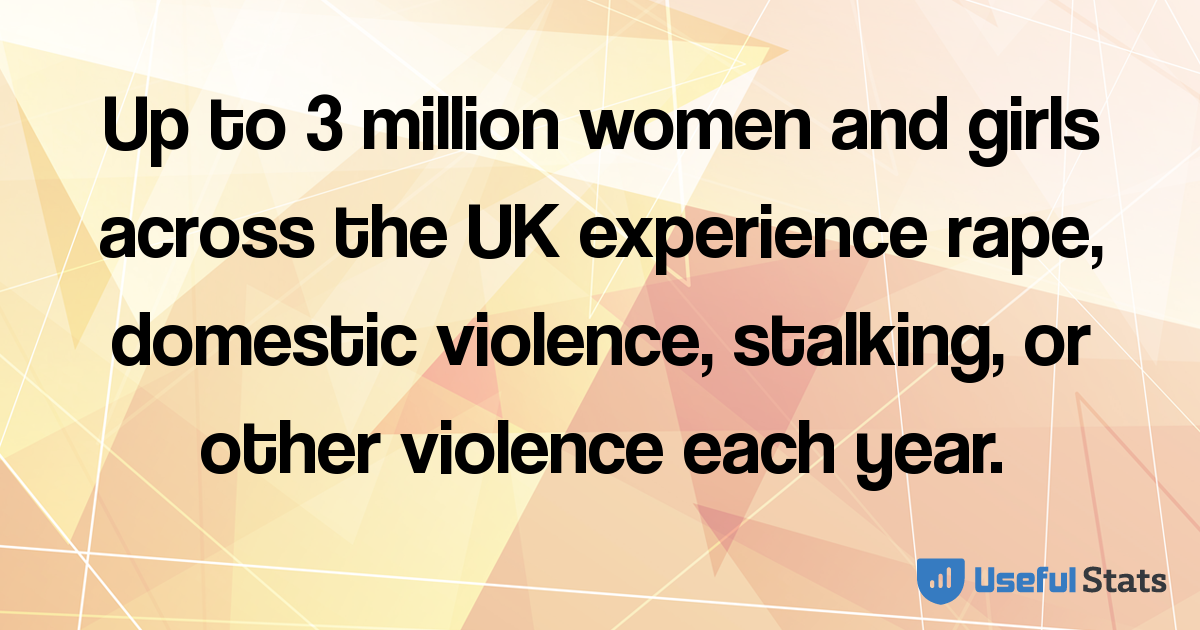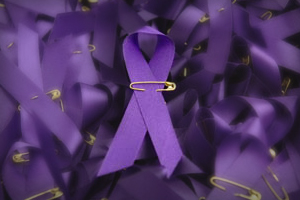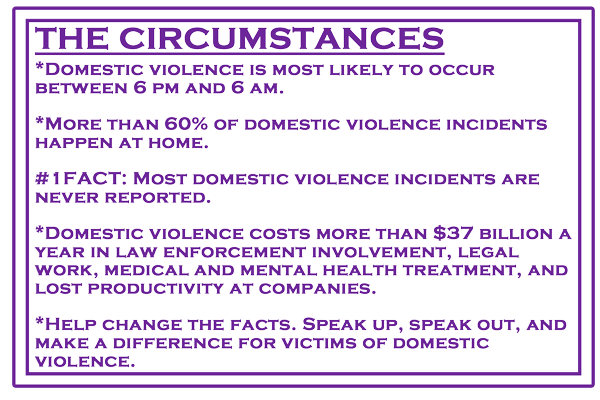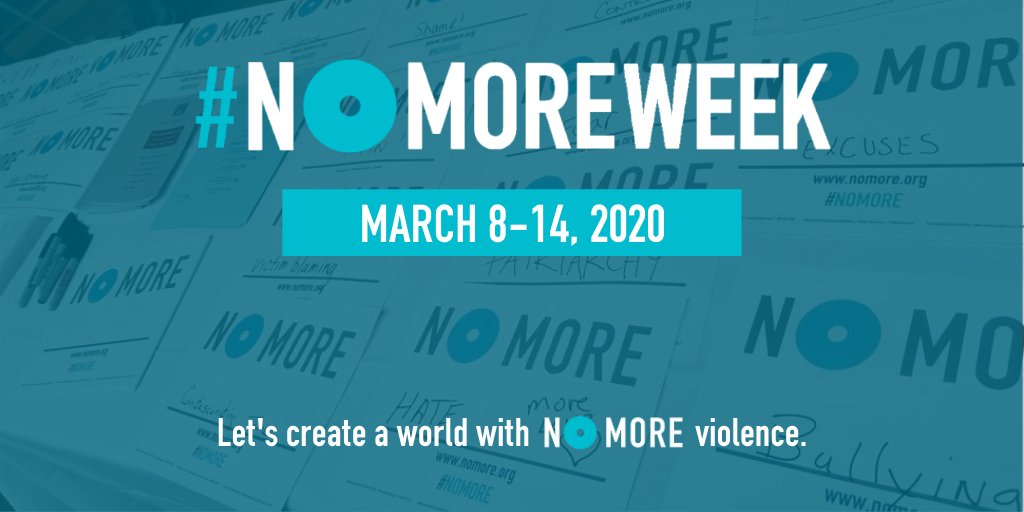
In the United Kingdom, a woman is killed every 3 days by a current or former partner. As of 2014, 28.3% of women and 14.7% of men had experienced some domestic abuse since the age of 16. This is a massive problem and dedicating an entire week to #NoMoreWeek is a fantastic and much needed initiative.
I did some more digging and I found more disturbing statistics for the UK from Refuge.org
 Domestic violence – the facts
Domestic violence – the facts
- 2 women are killed every week in England and Wales by a current or former partner (Office of National Statistics, 2015) – 1 woman killed every 3 days
- 1 in 4 women in England and Wales will experience domestic violence in their lifetimes and 8% will suffer domestic violence in any given year (Crime Survey of England and Wales, 2013/14)
- Globally, 1 in 3 women will experience violence at the hands of a male partner (State of the World’s Fathers Report, MenCare, 2015)
- Domestic violence has a higher rate of repeat victimisation than any other crime (Home Office, July 2002)
- Every minute police in the UK receive a domestic assistance call – yet only 35% of domestic violence incidents are reported to the police (Stanko, 2000 & Home Office, 2002)
- The 2001/02 British Crime Survey (BCS) found that there were an estimated 635,000 incidents of domestic violence in England and Wales. 81% of the victims were women and 19% were men. Domestic violence incidents also made up nearly 22% of all violent incidents reported by participants in the BCS (Home Office, July 2002)
- On average, a woman is assaulted 35 times before her first call to the police (Jaffe, 1982)
And in a recent article in The Independent:
Around 4,000 women have died from domestic violence in the past year. At least three women die per day due to domestic violence in the US alone.
Domestic violence is best understood as a pattern of abusive behaviors–including physical, sexual, and psychological attacks as well as economic coercion–used by one intimate partner against another (adult or adolescent) to gain, maintain, or regain power and control in the relationship. Batterers use of a range of tactics to frighten, terrorize, manipulate, hurt, humiliate, blame, often injure, and sometimes kill a current or former intimate partner.
So while you’re wearing your pink ribbon to support Breast Cancer Awareness Month, get yourself a purple ribbon too. Domestic Violence is a huge issue everywhere. It’s kept secret behind a wall of shame that we need to tear down. According to the statistics above, the odds are very likely that you know someone who’s been, or is currently, a victim of domestic violence. Let’s not let it continue to be a silent killer.
If you or anyone you know is looking for help, please call one of these numbers. There are people there that can help you.
ChildLine– 0800 1111 – ChildLine is the free and confidential 24-hour helpline for young people and children in the UK. You can call ChildLine with any worry, big or small. Calls to this number will not show up on mobile phone or landline bills.
0808 2000 247 – Freephone the 24-hour National Domestic Violence Helpline, run in partnership between Women’s Aid and Refuge. Calls to this number will not show up on BT Landline phone bills.
Rape Crisis- 0808 802 9999 – A telephone helpline service for women and girls who are survivors of rape, child sexual abuse, sexual harassment or any form of sexual violence. Click here for their website.
National LGBT Domestic Abuse Helpline T: 0800 999 5428 E: help@galop.org.uk
Emotional and practical support for LGBT people experiencing domestic abuse. Abuse isn’t always physical- it can be psychological, emotional, financial and sexual too. Speak out, don’t suffer in silence.






























